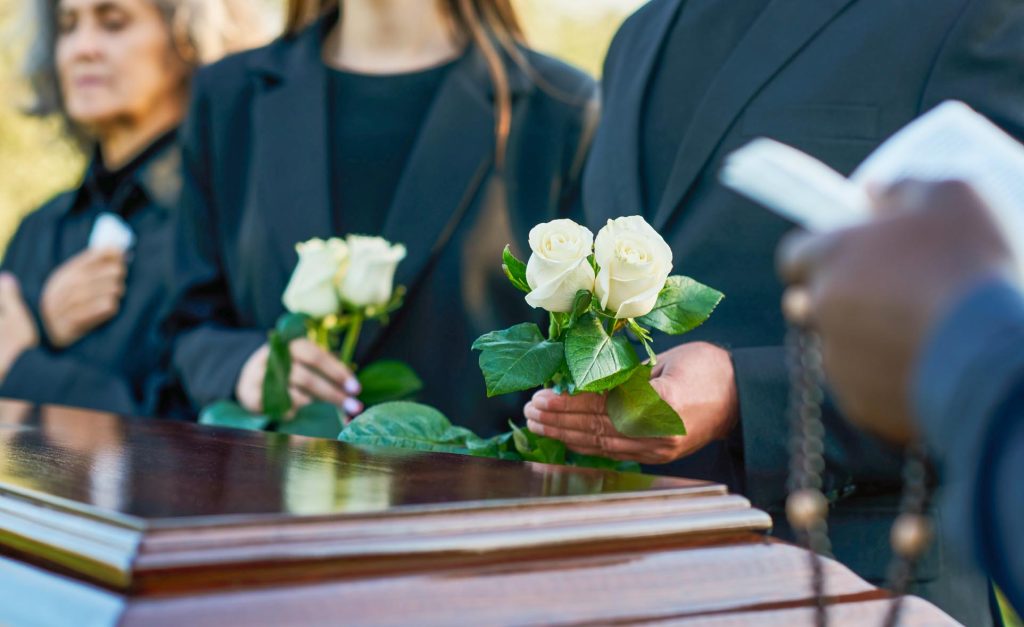Questions to ask a funeral director during the pre-planning process

Planning your own or a loved one’s funeral in advance can feel overwhelming, but it is a crucial step to ensure your wishes are honored and to alleviate stress on your family. Here are some of the most essential questions to ask when pre-planning:
What are my funeral options?
There are various types of burial services, including traditional funerals with viewings, memorial services, and simple cremation options. Each option offers different ways to honor you or your loved one, whether through religious ceremonies, secular services, or simple gatherings. Discuss your preferences with your funeral director or a cemetery professional, who can help you explore the best options for your needs. Our location finder can help you find a location best suited for you.
What are my burial or cremation choices?
If you choose burial, you’ll need to select a cemetery and gravesite. For cremation, consider whether you’d like your remains to be kept in an urn or placed in a columbarium. The funeral director can guide you through these decisions.
How much will it cost?
Funeral, cremation and cemetery costs can vary widely based on the type of service, location, and specific arrangements. Getting an estimate early can help you budget and plan. Pre-planning often allows for more affordable rates and the option to pay over time, protecting you from future inflation.
What legal requirements must be met?
Legal requirements, such as obtaining a death certificate, are necessary when planning funeral or cremation arrangements. Your funeral director will know the steps needed and can handle the paperwork; you can rely on them to not only have the answers you need but also to have the ability to make these steps relatively painless for your loved ones.
What are my funeral service options?
You can customize the funeral service to reflect your life and values, choosing between religious or secular ceremonies, specific music, readings, and more. You may also select the venue, whether a house of worship, funeral home, or another location that holds significance for you.
What about the reception?
The reception is an opportunity for friends and family to gather in remembrance. You can choose a venue, such as the funeral home, a restaurant, or another location, or decide to forgo a reception altogether.
What are my options for flowers and memorial gifts?
You can opt for flowers at the service or reception or choose to have donations made to a charity in your name. Memorial gifts can also be given to loved ones or donated to causes you support.
How should obituaries and death notices be handled?
You can arrange for an obituary to be published in newspapers, on funeral home websites, or through social media. Death notices can also be sent to friends and family. Work with your funeral director, who can assist with the writing of an obituary and provide publishing options and information regarding costs.
Final considerations
It’s easy to overlook a few questions when speaking to a funeral director about pre-planning your own funeral. Here are some additional things to consider:
- Your religious or cultural beliefs: Some religions have specific requirements for funerals, so it is important to factor this into your decision.
- Your personal values: What is important to you in a funeral? Do you want it to be religious or secular? Do you want it to be formal or informal?
- Your budget: How much are you willing to spend on your funeral? How important is the casket material, for example, or how elaborate a memorial marker?
- Your family and friends: What do your loved ones want? It is important to consider their wishes as well as your own.
By asking the right questions and documenting everything, you ensure your funeral aligns with your desires and provides comfort to those you leave behind.






 Use current location
Use current location









